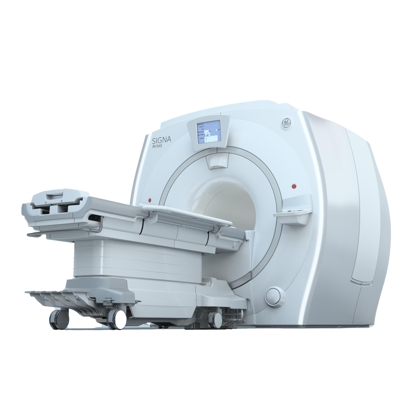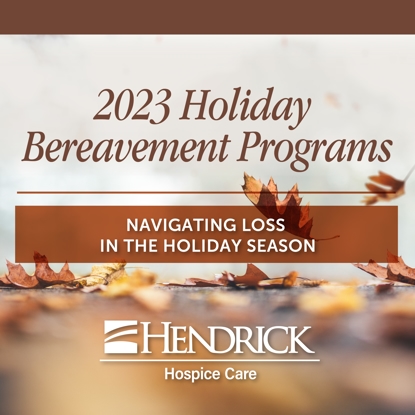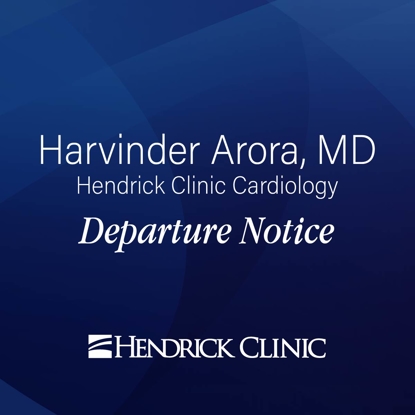Hendrick Cancer Center offers free colon cancer assessment and screening
- Category: News, Cancer Care
- Posted On:

Colorectal cancer is the second leading cause of cancer-related deaths among men and women in the United States, yet it’s one of the most preventable. To promote early detection, Hendrick Cancer Center is offering free assessments and fecal immunochemical tests (FIT) for screening (if criteria is met) for the presence of blood as an indication of colorectal cancer. Early detection can save lives. Because the most common symptom is no symptom, colorectal cancer screenings are crucial.
Interested participants can register for the assessment online at hendrickhealth.org/cancer or can call 325-670-4488 to take the assessment by phone. If registering online, the assessment will be emailed. If the criteria is met, a FIT test kit will be mailed to the individual to complete in the privacy of their own home. Once complete, the sample should be mailed back in the self-addressed stamped envelope provided with the test. Lab results will be mailed to the individual and to his/her physician.
To participate in the assessment and screening, individuals should be 45-75 years of age or at a high risk for developing colorectal cancer, and have not had a colonoscopy within the last year.
In 2022, an estimated 151,030 people will be diagnosed with this highly preventable disease and join the more than 1.4 million colorectal cancer patients and survivors living today. Approximately two-thirds of adults in America are not up-to-date with colorectal cancer screenings. It’s important to know the risk factors and symptoms of colorectal cancer.
Risk Factors
- Obesity or being overweight
- Not getting enough physical activity
- Eating a diet high in red or processed meats
- Smoking
- Heavy alcohol use
- Personal or family history of colorectal cancer or colorectal polyps, inflammatory bowel disease (Crohn’s disease or ulcerative colitis), genetic syndromes or hereditary non-polyposis colorectal cancer. If you have a history of any of these conditions, you may need to be screened earlier or more often – talk with your doctor right away.
Signs and symptoms of colorectal cancer can include:
- Blood in or on your stool (bowel movement)
- Stomach pain, aches or cramps that don’t go away
- A change in bowel habits (like diarrhea or constipation) lasting more than a few days
- Unexplained weight loss
- Problems related to blood loss (anemia, weakness, fatigue, shortness of breath, pounding or racing heart, chest pain and intolerance to exercise)
- Abdominal discomfort (frequent gas, bloating, fullness, cramps and pain)
- Pain with bowel movement
- Feeling that your bowel doesn't empty completely
- Fatigue
To show support for colon cancer awareness, wear blue on Friday, March 4 for National Dress in Blue Day.



